DISC Lab Impact
Lab Impact
Our lab’s work is crucial because it examines the daily lives of children and families, exploring the sociocultural factors that promote well-being, motivation, engagement, social-emotional development, and identity formation in the face of oppression, prejudice, and bigotry. By focusing on these areas, we can develop practical guidance and interventions that significantly enrich schools, families, and communities, ultimately creating environments that support positive developmental trajectories.
Empowering Families and Educators for Child Development
We strive for our work to contribute new knowledge on the supportive environments, resources, and experiences children and adolescents need and deserve for their academic and personal growth. Whenever possible, we translate our findings into accessible formats (i.e. workshops and professional development; parent and child newsletters), develop interventions (i.e. evidence-based strategies to foster student engagement; culturally responsive parenting practices), and advocate for families to receive the resources, tools, and insights needed to enhance their children's development. Additionally, we hope policymakers utilize our research to inform equitable educational practices and interventions.
DISC Lab in Action
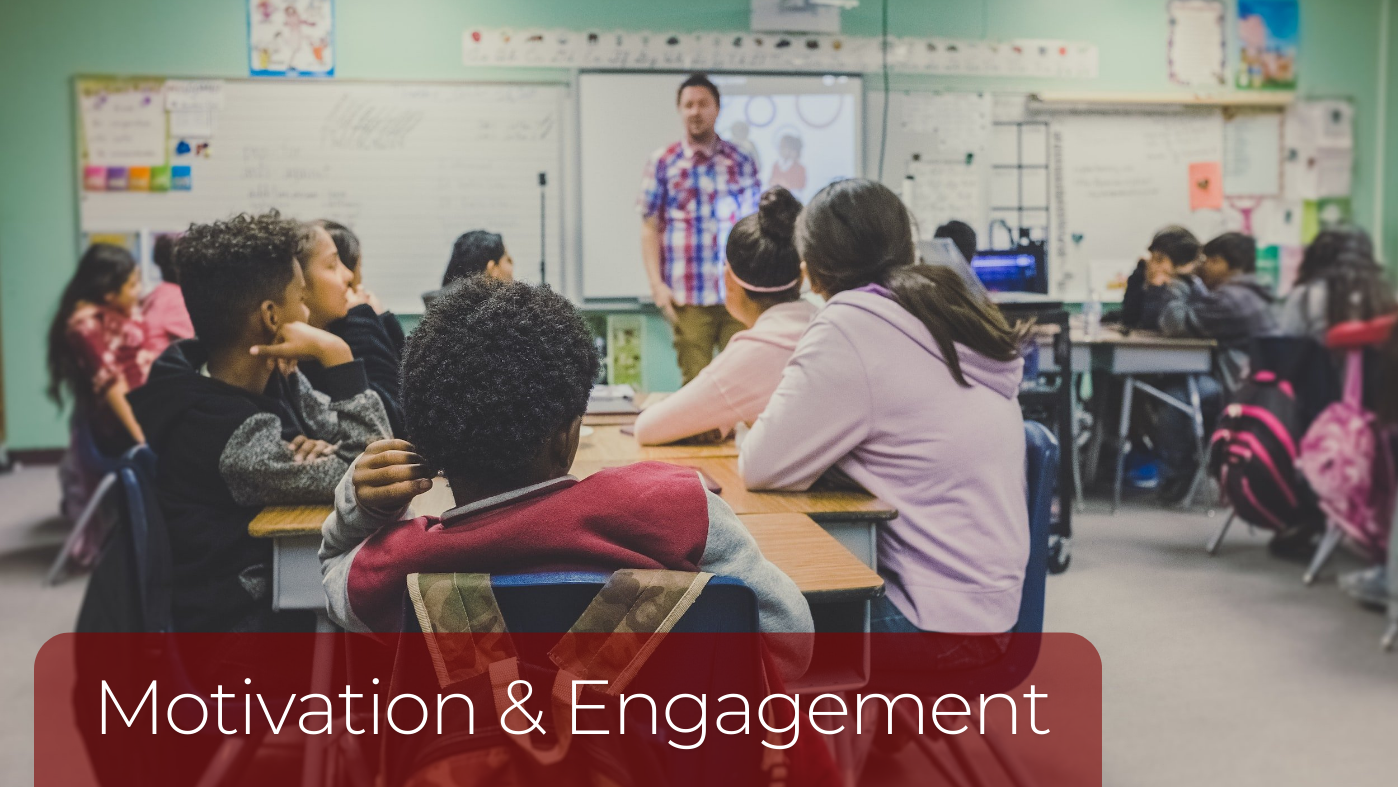
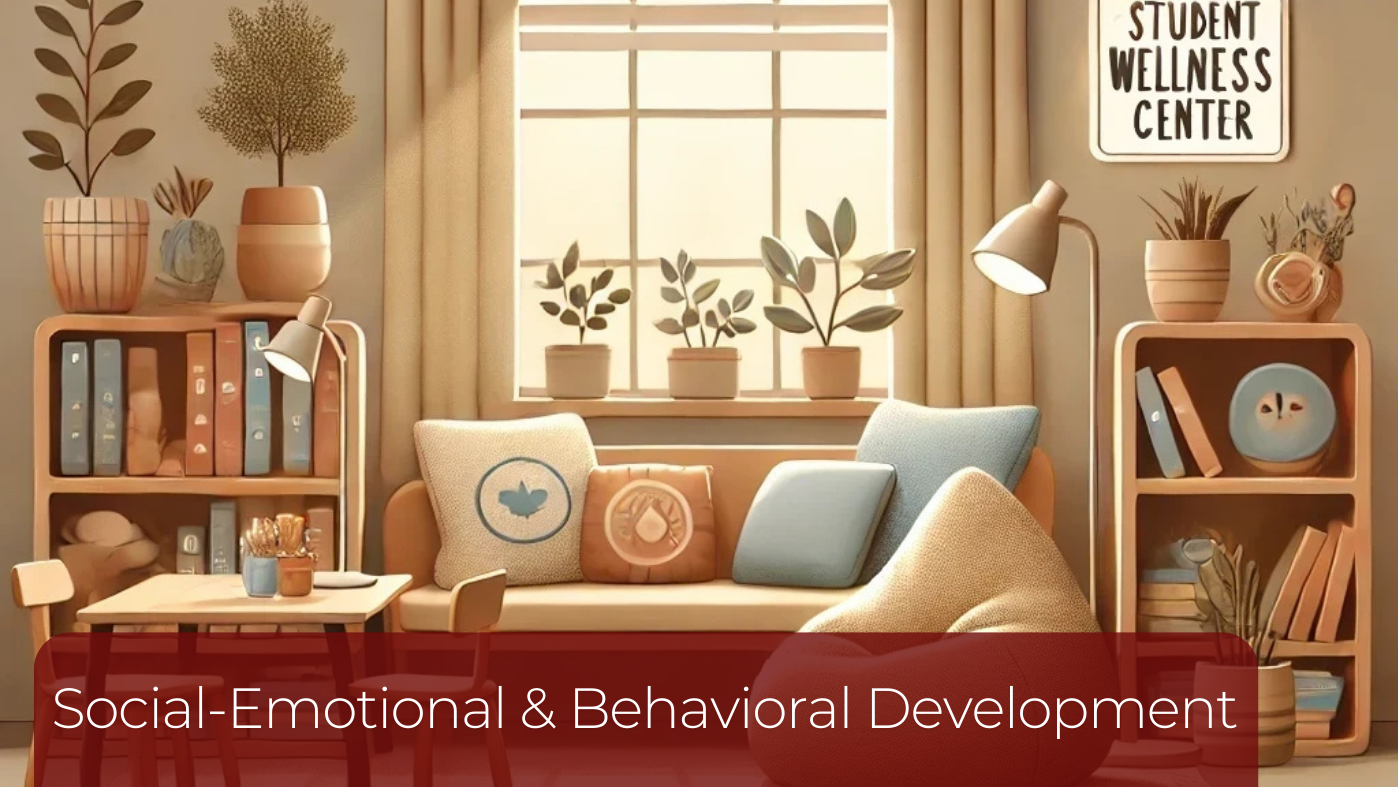
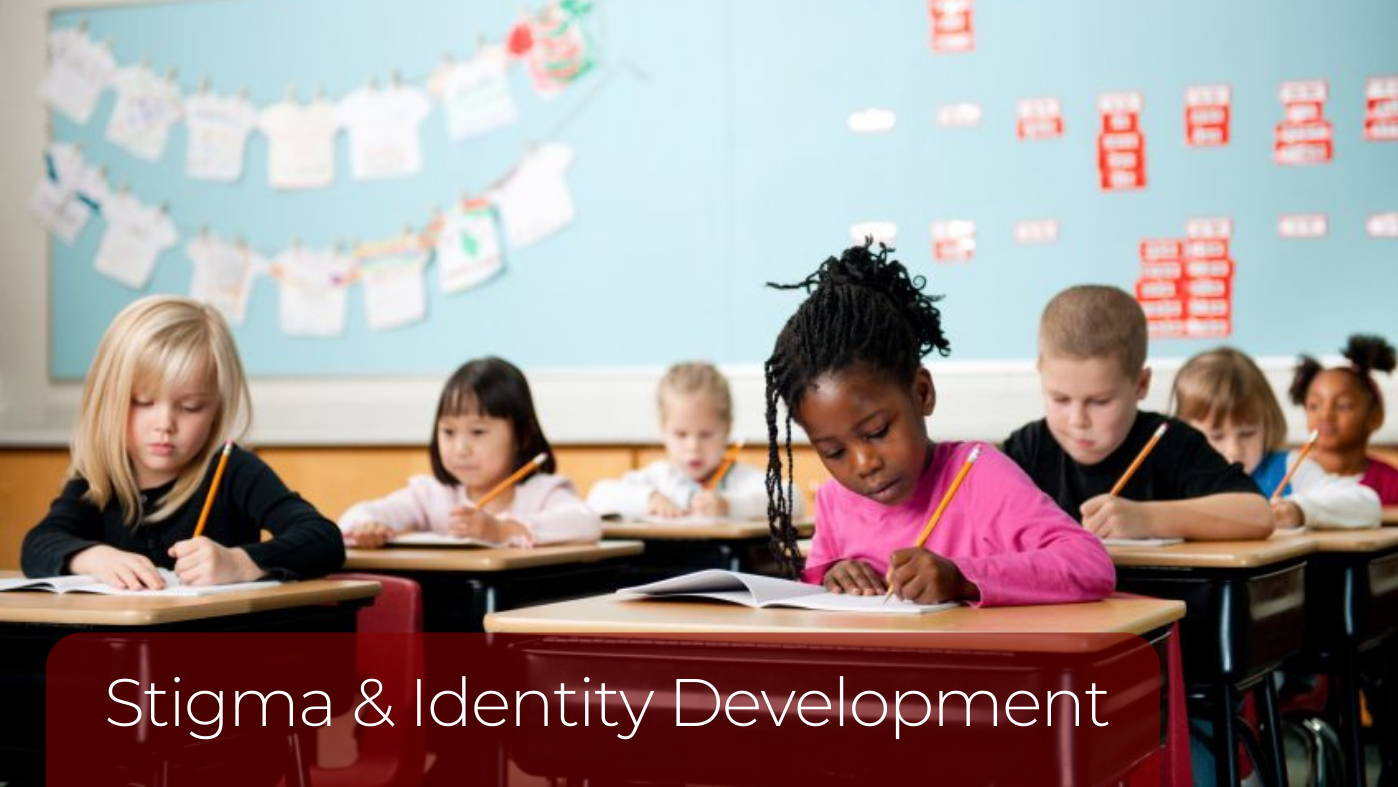
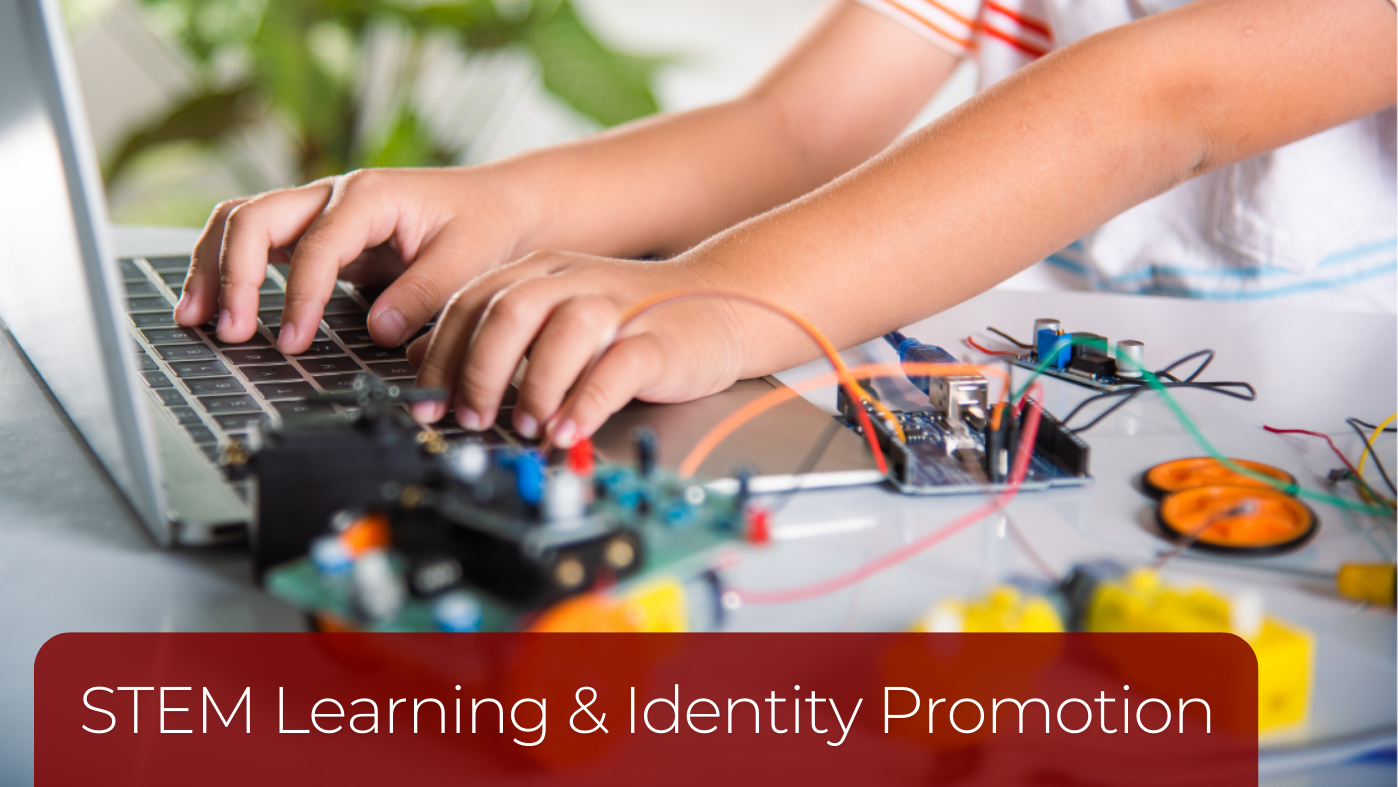

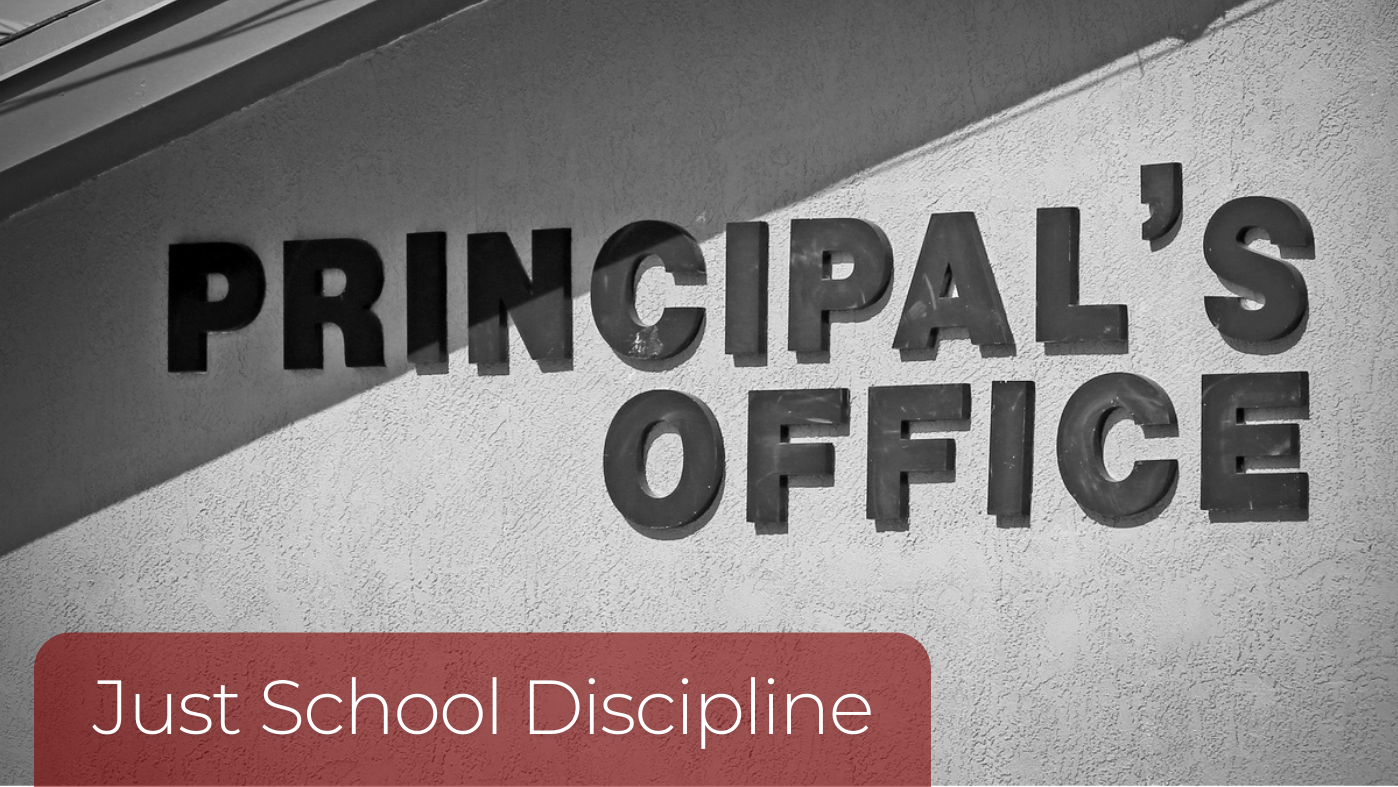
Our research spans seven key areas to support youth development. Through these research programs, we seek to generate knowledge that supports positive developmental outcomes and contributes to the overall well-being of children and their families.
Investigating factors that influence students' engagement in school, particularly across different subjects (i.e. math and science). This includes developing measures of engagement, understanding developmental trajectories from elementary through high school, and exploring the roles of classroom climate, peer influence, and parent socialization in promoting academic and emotional functioning.
Exploring how experiences of racial and gender stigma affect the academic and socioemotional development of minority students. This research also looks at how racial and gender identities can serve as protective factors against the negative impacts of stigma, and how parenting practices and teacher-student relationships influence these processes.
Addressing racial disparities in STEM preparation and achievement by promoting STEM identities, motivation, and persistence among African American adolescents. This includes designing and evaluating psychosocial interventions that support STEM self-efficacy and achievement, particularly in middle and high school students.
Investigating the fairness and impact of school disciplinary practices, with a focus on demographic disparities. This area of research seeks to identify alternatives to exclusionary discipline and provide recommendations for policy and practice that address educational inequities.
Developing a framework for culturally distinctive and developmentally appropriate parenting practices for African American adolescents. This research aims to identify effective parenting strategies that enhance academic performance and to create tools for assessing and supporting culturally responsive parenting.